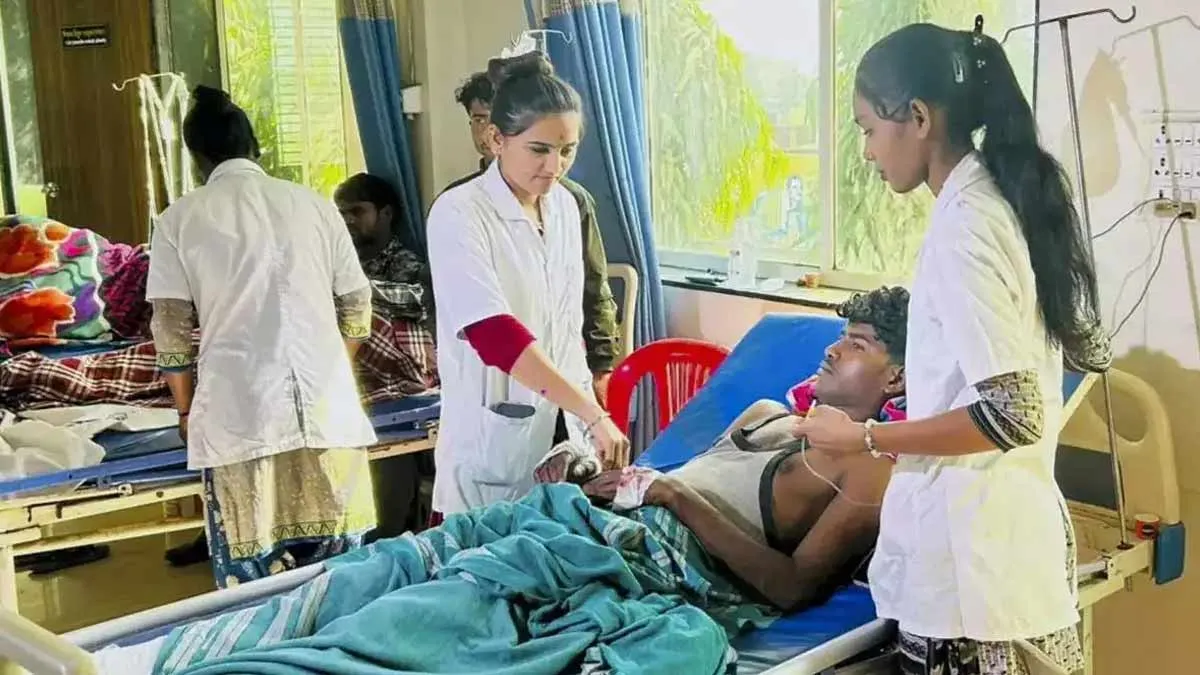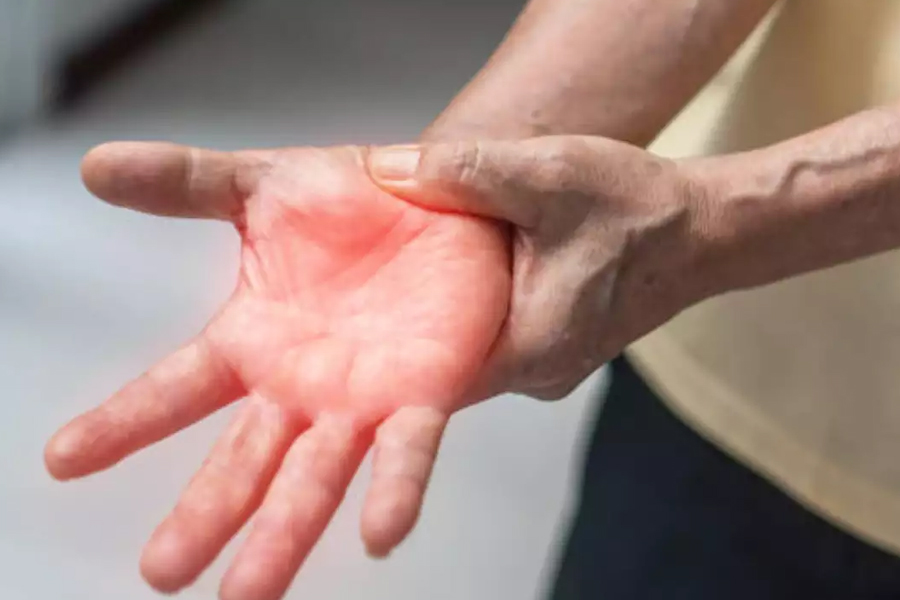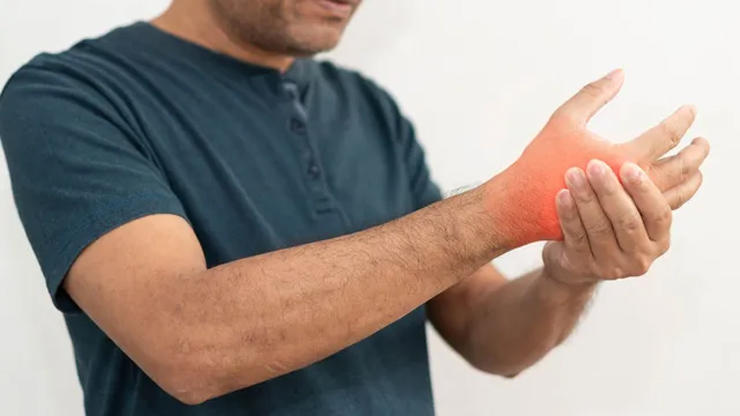
The state of Maharashtra has been thrust into high alert following the emergence of 19 suspected cases of Guillain-Barré Syndrome (GBS), a rare neurological disorder. The situation has already claimed one life in Solapur, prompting the state government to deploy a rapid response team and take extensive precautionary measures.
Table of Content:-
Rapid Response and Surveillance Efforts
Amid the growing concern, the Maharashtra public health department confirmed that a state-level rapid response team has been dispatched to the affected areas. This team is working closely with the Union Health Ministry, which has also sent experts to Pune—one of the most affected regions. Surveillance activities have been ramped up significantly, with the Pune Municipal Corporation and rural district authorities conducting door-to-door checks to identify potential cases.

In a widespread effort, 25,578 households in Pune and surrounding areas have been surveyed. Health officials have collected seven stool samples and 23 blood samples, which have been sent to the National Institute of Virology (NIV) in Pune for detailed analysis. While tests for Zika, dengue, and chikungunya have returned negative, some stool samples have tested positive for bacterial infections and norovirus, raising further concerns about public health safety.
GBS: Understanding the Rare Disorder
Guillain-Barré Syndrome is a rare autoimmune neurological condition in which the body’s immune system mistakenly attacks the peripheral nervous system. This leads to muscle weakness, which can progress to paralysis over days or weeks.
Also Read: Karnataka Reports First Mpox Case of 2025: Dubai Returnee Tests Positive in Mangaluru
GBS can be triggered by viral or bacterial infections, with Campylobacter jejuni, a bacteria that causes gastroenteritis, being one of the most common culprits. Symptoms of GBS include nausea, vomiting, diarrhea, muscle weakness, and, in severe cases, respiratory distress that may require ventilator support.
Although GBS is rare, with an estimated incidence of 0.5 cases per 100,000 people, it can be fatal if it affects the autonomic nervous system, which regulates vital functions like heart rate. Treatment options include plasma exchange and intravenous immunoglobulin therapy, both of which aim to manage symptoms and reduce the severity of the condition.

Key Statistics and Current Situation
- Total Cases Identified: 101
- Affected Areas: 62 from Pune rural, 19 from Pune city, 14 from Pimpri-Chinchwad, and 6 from other districts.
- Gender Distribution: 68 men and 33 women.
- Critical Cases: 16 patients are currently on ventilators.
The health department’s data highlights Pune as the epicenter of the outbreak, prompting a swift and robust response from the authorities.
Also Read: FSSAI Orders Patanjali To Recall Red Chili Powder; How To Test Spice Purity At Home
Precautionary Measures in Place
The Maharashtra government has issued a series of advisories to minimize the risk of further cases. These include:
- Ensuring the consumption of clean and boiled water.
- Maintaining strict hygiene standards while handling food.
- Keeping raw and cooked food items separate to avoid cross-contamination.
- Increasing public awareness through health promotion activities.
Water samples from various parts of Pune have been sent for chemical and biological analysis to identify potential sources of contamination.
GBS and Public Health: The Way Forward
While the exact cause of the sudden spike in GBS cases remains unclear, experts believe a combination of bacterial infections, including those caused by norovirus and Campylobacter jejuni, may be contributing factors. Authorities are urging private medical practitioners to notify the health department immediately if they encounter any suspected GBS cases.
With Maharashtra’s proactive measures and close monitoring, it is hoped that the outbreak will be contained effectively. However, the incident serves as a stark reminder of the importance of robust public health infrastructure and ongoing vigilance in preventing and managing rare diseases.
Also watch this video
How we keep this article up to date:
We work with experts and keep a close eye on the latest in health and wellness. Whenever there is a new research or helpful information, we update our articles with accurate and useful advice.
Current Version